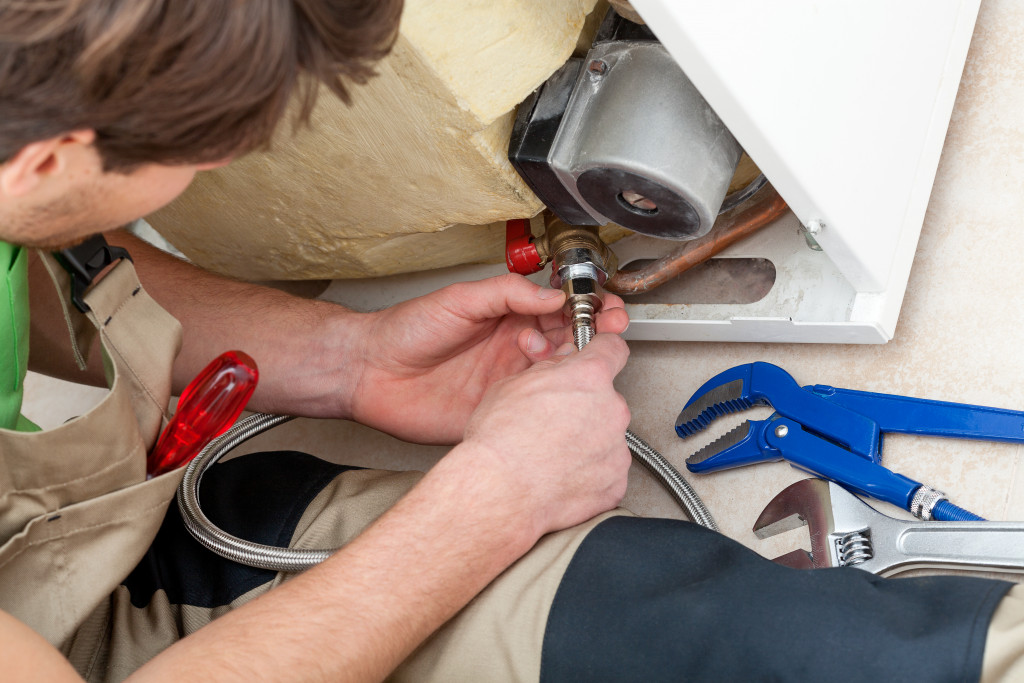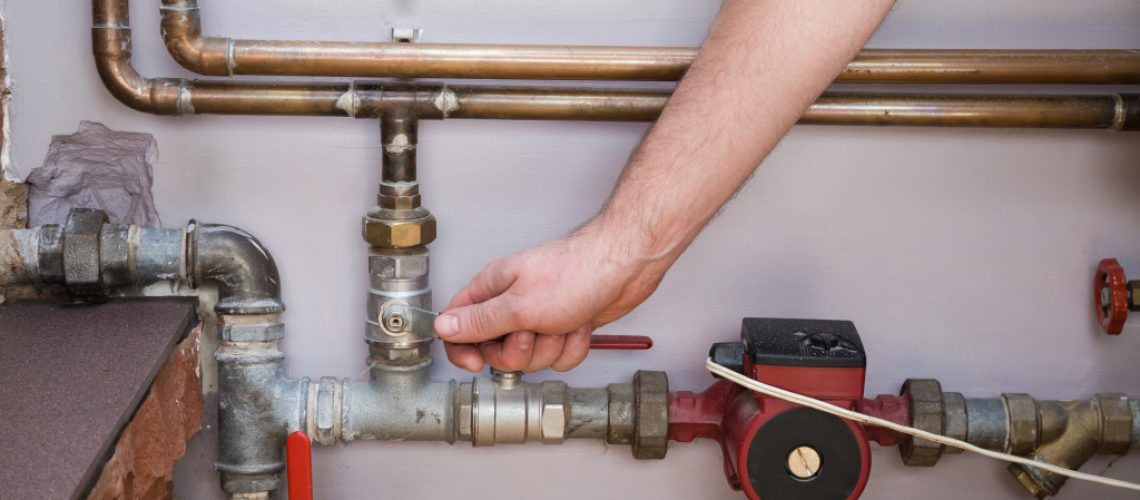Not only is your water heater an important part of your home’s plumbing system, but it also provides hot water for showering, washing dishes, and doing laundry. Most homes have a tank-style water heater, which stores hot water in a tank and heats it as needed. There are also tankless water heaters, which heat water on demand, and boiler systems, which use a heating element to heat water.
No matter what type of water heater you have, it’s important to properly maintain it, so it lasts as long as possible. That’s because replacing a water heater is not only expensive but can also be a major hassle. Luckily, you can do some simple things to prolong the life of your water heater and reduce the amount of scale build-up on your elements and pipes.
Treating Your Water Heater with Care
One of the best things you can do to prolong the life of your water heater is to treat it with care. That means not overworking it by using too much hot water all at once. For example, if you have a tank-style water heater, don’t try to run multiple showers back-to-back or wash a bunch of dishes all at once. Doing that can cause your water heater to overheat and shut down.
If you have a tankless water heater, descale it regularly. Descaling is the process of removing minerals from the heating element. Minerals can build up over time and cause problems with your water heater.
Cleaning Your Water Heater
Cleaning your water heater regularly is another good way to prolong its life. That’s because dirt and debris can build up in the tank and cause problems. To clean your water heater, simply drain the tank and flush it out with clean water.
It would be helpful to install a scale inhibitor system to prevent scale build-up on your elements and pipes. A scale inhibitor system is a device that helps to reduce the number of minerals in your water. This can help prolong your water heater’s life and keep it running smoothly. This system not only makes water-using appliances last longer but also reduces scale build-up and corrosion in plumbing fixtures. As a result, you’ll save money and time on maintenance for years to come.
If you have a gas water heater, check the pilot light regularly. The pilot light is the little flame that starts the gas. If your water heater’s pilot light goes out, it won’t work. To relight the pilot light, follow the manufacturer’s instructions. You may also do it yourself. To do this:
- Find the pilot light assembly and look for the knob.
- Once you find the knob, turn it to the “on” position.
- Use a long lighter or match to light the pilot light. Once the pilot light is lit, you can turn the knob back to the “off” position.
- Just make sure there isn’t any gas leak.

Check the Temperature Setting
One of the best ways to prolong the life of your water heater is to check the temperature setting. The ideal setting is between 120-140 degrees Fahrenheit. Anything above 140 degrees can shorten the lifespan of your water heater and increase the risk of scalding. According to most experts, if the temperature in your water heater falls below 120 degrees, there’s a chance that bacteria will develop and cause diseases like Legionnaire’s disease.
If you have a gas water heater, check the vent pipe regularly. The vent pipe is the pipe that carries gases from the water heater out of your home. If the vent pipe is clogged, it can cause your water heater to overheat and shut down. To clean the vent pipe, simply remove it and clear any debris that may be blocking it.
Flush the Tank
Over time, the bottom of your water heater tank may accumulate debris. This debris might insulate your heating elements and prevent them from functioning properly. As a result, your water heater will have to work harder and consume additional electricity, which will reduce its lifespan. To avoid this, it’s critical to clean out your tank on a regular basis. The frequency will be determined by the quality of your water; however, a good rule of thumb is to flush it every six months to a year.
Monitor Your Water Pressure
If your home has high water pressure, it can stress your water heater and cause it to fail prematurely. To avoid this, install a pressure-reducing valve on your main water line or have your plumber do it. This will take some pressure off your water heater and help prolong its life.
In a Nutshell
Caring for your water heater is essential if you want it to last as long as possible. Fortunately, you can do some simple things to prolong its life, such as treating it with care, descaling it regularly (if necessary), and cleaning it regularly. By following these tips, you can keep your water heater running smoothly for years.

